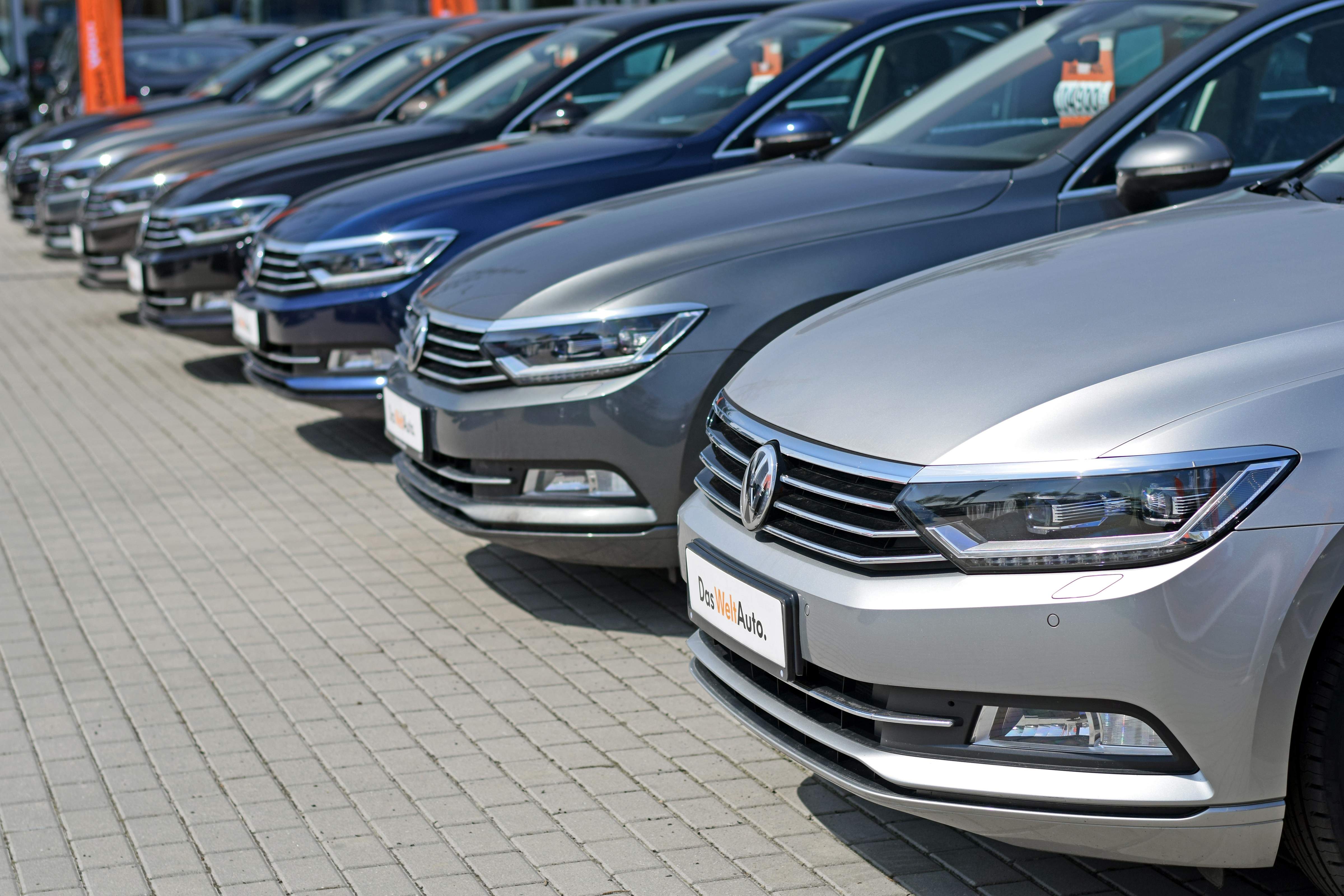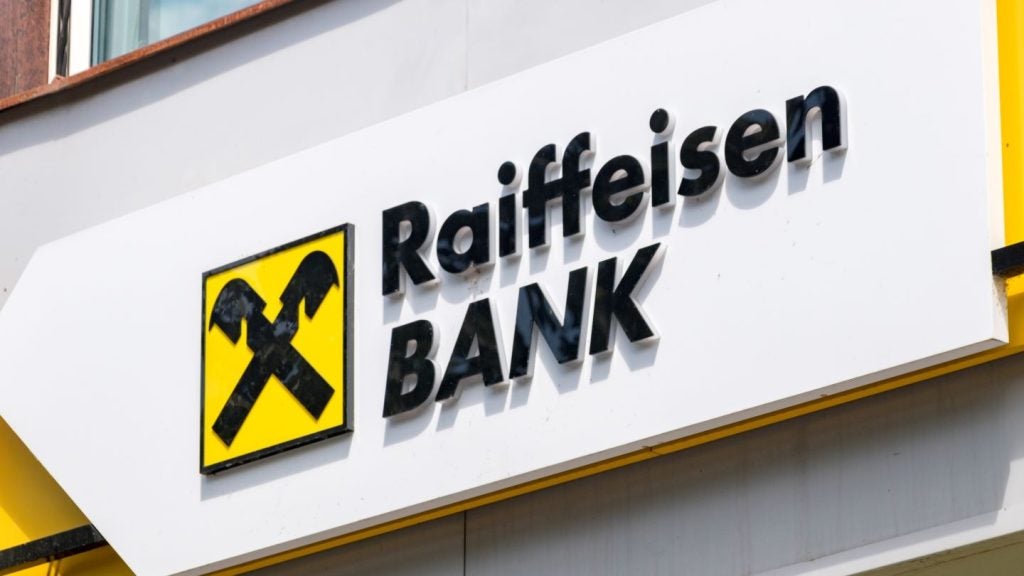
Changing employee priorities could see company car fleets start to become ever less hierarchical in the near future, says FleetCheck.
The fleet software specialist believes that a number of current and emerging trends could converge, causing less interest in the car as an indication of managerial status.
Peter Golding, managing director, said: “Historically, in a corporate environment, there has been quite a strong emphasis on the company car you were given as a signifier of your position within the organisation. It has been part of fleet culture. However, that situation has already been changing and hierarchies could further flatten significantly, we believe.
“Part of this is simply attitudinal. There appears to be less emphasis among younger people when it comes to seeing the car as an extension of their personality or a reflection of their personal success. It is more of a means of transport. That doesn’t mean that they don’t want a ‘nice’ car – they probably do – but the model and grade is less of a priority.
“Similarly, they may well be more concerned about the car from an environmental point of view and their priorities about the vehicle may well be different from a more traditional company car driver. Certainly, there are indications that larger numbers of younger people are more interested in zero-emission vehicles than outright performance, for example.”
Golding added that developing financial pressures were also playing an important part.
“The latest company car benefit in kind changes are just the latest development in an ongoing trend that is designed to encourage drivers into ever-less polluting company cars. Again, this is likely to lead, over time, to further reduced interest in the kind of faster, bigger engine vehicles that have dominated the upper echelons of choice lists.
“It is arguable that what we are seeing is the final stages of the company car sector moving away from perk to job-need cars, something that has been underway for a while. Really, anyone who is interested in an expensive, powerful perk car has probably already long since shifted to take a cash option that is now channelled into a PCP or PCH.”
Ultimately, this trend was a positive one for organisations that provided company cars, Golding said because it allowed more effort to be concentrated on maximising efficiency.
“Businesses want their fleet transport to be as cost-effective as possible. The gradual removal of the requirement to provide a hierarchy of choice that includes, by design, models that are less efficient, is very much a move to be welcomed. It allows the company car to fulfill its primary role as the best transport solution available in many instances.”







